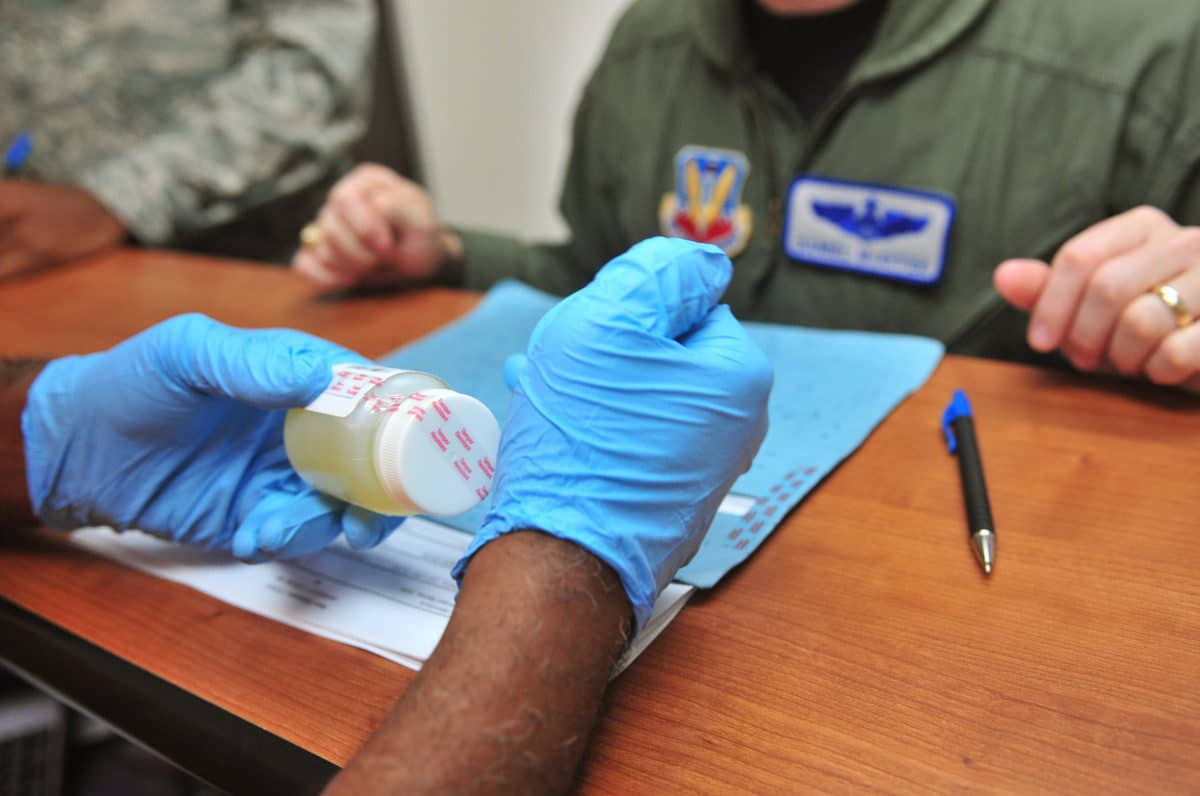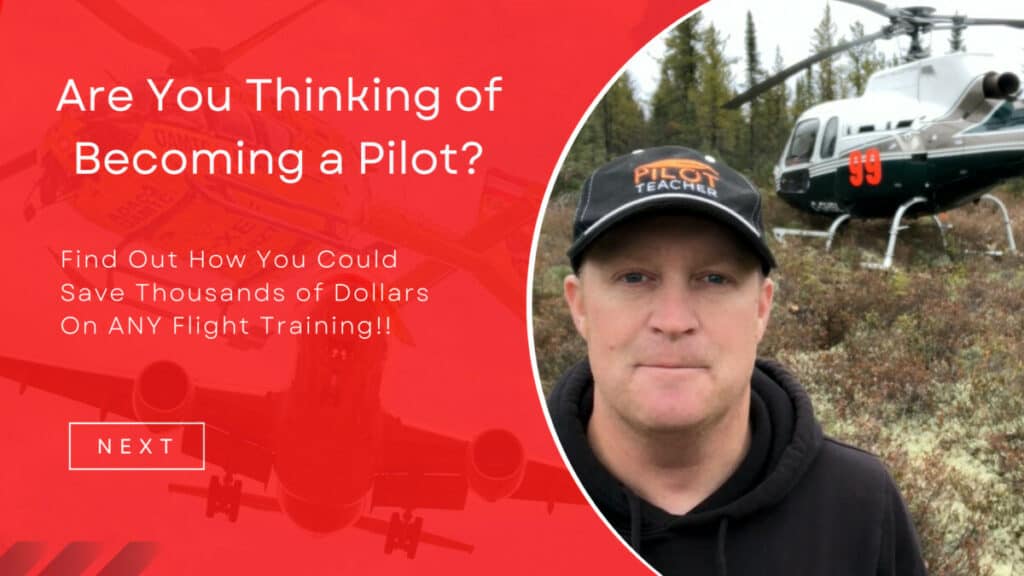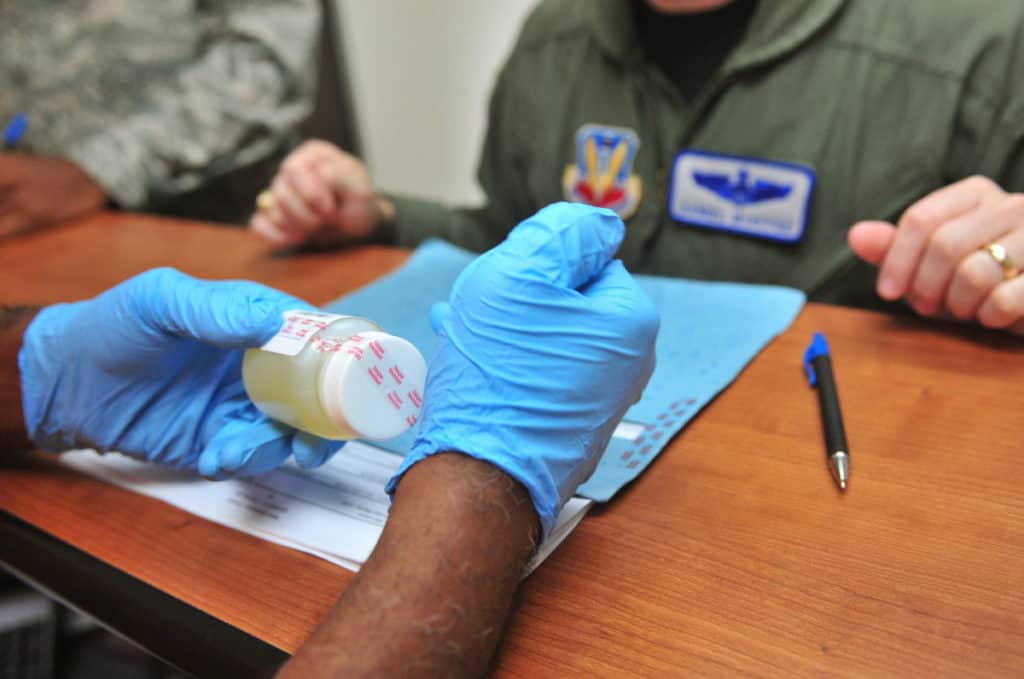
You are thinking of becoming a pilot, but you have heard that flight schools drug test their students. Does this include just current usage, past usage, illegal drugs, legal drugs, and prescription drugs? So many questions and each with different answers and possible consequences too.
Most flight schools do not drug test their students or instructors. Flight schools can have their own drug & alcohol testing policy under which, training or employment termination can ensue from refusal or a positive test result. Medical examiners do not test for drugs during urine analysis.
For those of you about to embark on flight training but have questions as to whether or not a flight school can test you for past or current drug use, this can be a nervous time. With many people on prescription drugs, and also the increasing legality of Marijuana in use where does a student pilot find out what can and cannot be consumed before or during flight school? This article aims to help you find those answers before you head off to flight school.
Do Flight Schools Drug Test Students?
In general, most flight schools do not drug test their student pilots. Larger flight schools and university programs can have a mandatory random drug & alcohol test program that applies to staff and students. Students involved in an aircraft accident or incident will be tested as soon as possible.
The majority of flight schools are a business and it’s the students that bring in the money. It is very rare for a flight school to drug test their customers, but rather rely on them to be sensible during their time training and time outside of the cockpit.
The FAA states that any person who manipulates the controls of an aircraft must be fit to do so. This includes any substance which can inhibit or degrade performing this task.
Those substances can be, but not limited to:
- Illicit Drugs and Mood Altering Substances
- Legal or Illegal Drugs
- Prescription Medication
Basically, anything consumed by the student that affects their ability to safely conduct a flight in an aircraft is what the flight school will be looking at. Any student deemed to be unfit for flight can be refused training, sent home, or removed from the training program at the discretion of the flight school management.
The larger flight schools, university & college programs, and schools associated with an airline are most likely to have a drug & alcohol policy that all students must adhere to. This will usually include a urine and/or saliva test upon program acceptance and random screening throughout the training. Students who refuse or fail a drug screening may be subject to termination from the flight training program.
For student pilots which this may concern, it is advisable to contact the flight school or look on their website to enquire whether that school has and conducts a drug & alcohol screening policy.
Here is an example of a Flight Schools Drug & Alcohol Testing Policy:
If you are unsure about what substances you are allowed to consume, see this list of FAA Approved Medications:
Medications Approved by the FAA – Pilot Medical Solutions Inc.

Join My Newsletter & Get Great Tips, Information and Experiences To Help You Become a Superb Pilot!
Do Flight Schools Drug Test Instructors?
Flight schools are not mandated by the FAA to conduct drug & alcohol testing of their employees. Many schools do implement a testing policy following guidelines of FAA Part 120 as it allows them to have lower insurance and workers’ compensation premiums while keeping safety to a high standard.
If you were learning to fly I bet you would feel much safer knowing that the person sitting next to you is fit to fly! While most flight instructors I’ve ever met have never made me question, there are times when I have met some of the ‘Old School’ instructors that I could not tell if they were fit to fly!
Learn More…
Try These Articles:
* Flight School Requirements – Are There Any For Joining?
* Can Pilots Have Tattoos, Piercings, or Beards? It Depends!
* Pilot Medical Exam – What You Need To Pass Each Class
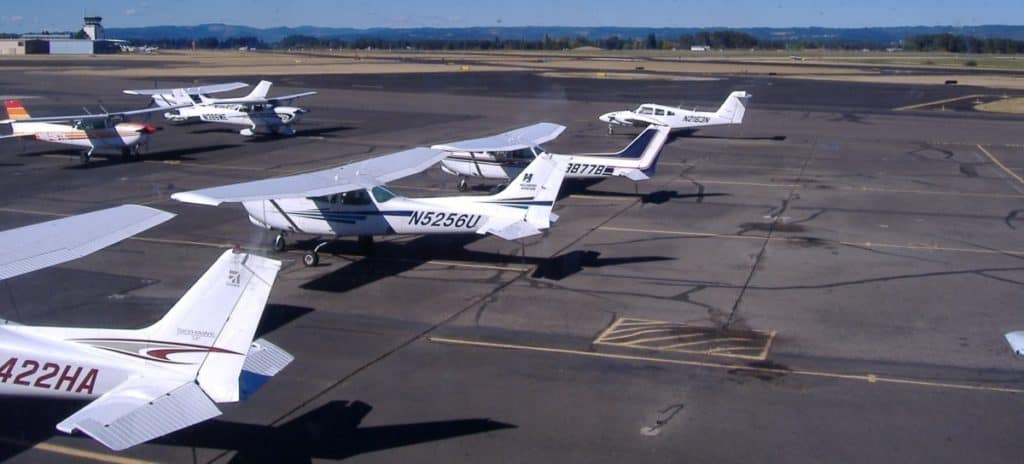
The FAA has created Part 120 in their FAR’s (Federal Aviation Regulations) that gives guidance on its recommended drug and alcohol policy that operators must follow, however, flight instruction falls into a gray area. This basically leaves it up to the individual flight school to decide if they implement a testing policy.
Most of the flight schools I have been associated with or know have no policy, yet I also know of several of the larger flight schools that do have a policy. So again, it all comes down to the individual flight school.
For the flight schools that do have a drug and alcohol test policy they will usually follow closely to the FAA’s recommendations of Part 120 which involves a screening during the initial hiring process, random screens of its employees, screening requested if an employee gives cause for concern, and as soon as practicable following an aircraft incident or accident.
Failure to Provide a Test or Refusal of a Test Could be Grounds for Disciplinary Action Leading to a Termination of the Position.
If flight instruction is something you wish to go into and have partaken in substances not approved by the FAA, the best course of action is to stop and allow enough time for the substances to leave your body before embarking on your journey. Getting to a point to become a flying instructor is an expensive path and no drug or bottle of alcohol is worth that amount of money!
Some of you may be wondering that with some substances now being legalized in various states, the question then becomes ‘Can fly in that state while consuming them?’. The answer to that is ‘No’ because the FAA is a Federal Agency, Federal laws overrule State laws, therefore the FAA’s policy on drugs and alcohol governs no matter where you instruct in the U.S.
If a person is fired for refusing to take a drug test, it can be virtually impossible for him or her to collect unemployment benefits.
Do Student Pilots or Pilots Get Drug Tested During Medical Examinations?
Aviation medical examiners do not conduct drug & alcohol tests during examinations unless they have due cause. A urine sample tested during the examination is to test for diabetes & kidney-related issues. A declaration on the application gives the opportunity to disclose any drug or alcohol consumption.
No matter if you are a student, pilot, or an instructor, to be able to hold those positions you need to be in possession of the appropriate class of airmen’s medical certificate. Each time you visit an Aviation Medical Examiner (AME) to apply for your initial medical or to renew a medical certificate you must fill out an application form known as FAA 8500-8.
On that form there are two sections where you have the opportunity to disclose any drug or alcohol consumption:
- Section 17a. – Do You Currently Use Any Medication (Prescription or Nonprescription)?
- Section 18 n,o, v – Substance or Alcohol Dependence or Abuse & DUI Convictions
The main points to note about this form are located right at the bottom. Section 20 is for the applicant to sign the form declaring all the information is true and correct. The box in the far left bottom corner is the information regarding the implications of providing false information on this form.
You can find a copy of the Form 8500-8 by Clicking Here
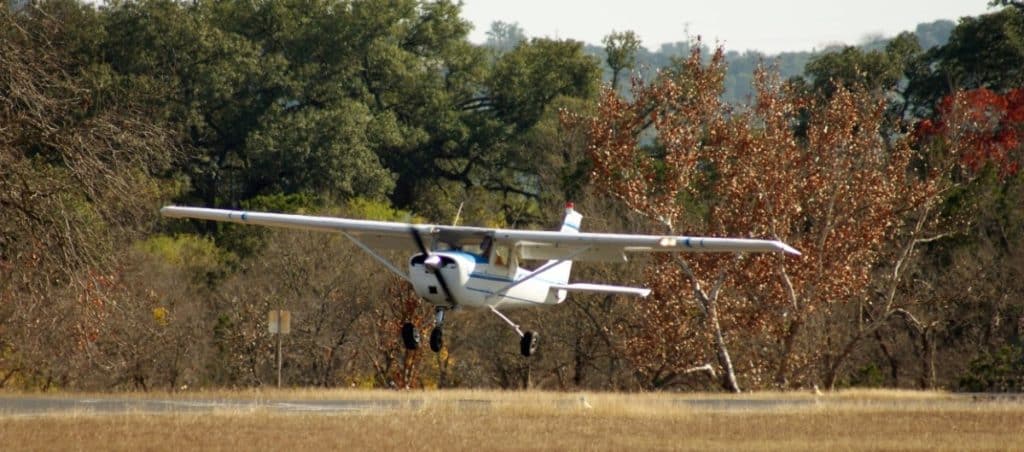
If the student is on a solo flight or a certified pilot is involved in an accident, the FAA can look at their declaration on this form and if they are found to have levels of drugs or alcohol in their system above the approved limits, the FAA can prosecute the student/pilot with fines up to $250,000 and/or imprisonment for up to 5 years – Serious Stuff.
For more information check out 14CFR Part 67.403 – Falsifying Information on a Medical Application Form
What Happens If a Student Pilot Fails a Drug or Alcohol Test?
If a student pilot fails a drug or alcohol test it will be up to the individual school to decide what action will be taken. Some schools may offer a one-time discretionary waiver with a corrective course or program to be followed, while other flight schools may immediately terminate the training.
If a flight school has a drug & alcohol policy in place the student will most likely acknowledge and sign a form during enrolment onto the program. Some schools take this matter very seriously and will instantly terminate a student with a failed test. Usually, if a drug or alcohol test at the school is failed, the student will be removed from flying privileges and taken to a testing center where a more thorough test can be completed. The results from this test will usually dictate the course of action.
False positives do happen and consultation with the testing personnel, school management, and the student will need to take place to find a solution, usually retaking the test is the most common scenario.
If a student is terminated from a flight training program due to drugs and/or alcohol the school may also inform the FAA and local law enforcement. Not only will this termination pretty much end their flying career, but could also lead to criminal preceding’s if the FAA or law enforcement find grounds to prosecute them.
To Finish
If you plan on becoming a pilot the best course of action is to not partake in the consumption of drugs, legal or illegal. Limit your alcohol consumption during time off and always be aware of the effects of any medication you take.
Being able to safely perform the duties of a pilot is a serious responsibility and flying can be challenging at times and every pilot needs to be on their game at all times. The safety of not only yourself, but the passengers you carry and the people over which you fly rely on you being safe. Any substance that inhibits you from performing your duties as a pilot needs to be given serious attention.
The bottom line is that if you wish to be a pilot, quit the drugs and be sensible with alcohol consumption. The FAA’s ruling on 8 hours “Bottle to Throttle’ (14 CFR Part 91.17) applies for just one unit of alcohol. The more units of alcohol that are consumed the longer this period needs to become.
Failure to do so can result not only in loss of life, but other consequences that can affect you and your family for the rest of your life – DUI’s especially!
Leave the drugs alone or don’t fly, it’s that simple. If you are on medication take some time off from flying. Staying safe is the best way to ensure you have a long and enjoyable flying career.

